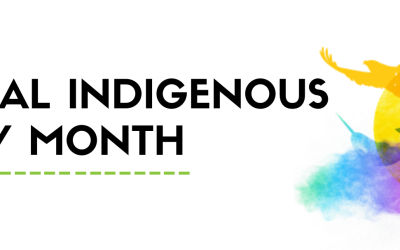This great column by Jamie Wilson, commissioner of the Treaty Relations Commission of Manitoba, documents how Prairie First Nations in the immediate post-treaty period were thriving farmers.
The current system of dependency and poverty seen on many Western reserves was not a foregone conclusion.
Many Prairie bands were very interested in agriculture and were quite good at it.
On the St. Peter’s reserve (now known as peguis) in southern Manitoba, one specialist in the academic subject said: “The residents had comfortable homes, cattle, sheep, pigs and up-to-date farm machinery. Most attended church regularly and could read and write.”
What changed was government policy. Prime land was coerced from successful farmers. Government also instituted a policy that outlawed the use of labour-saving farming machinery. First Nations were forced to revert to hand tools. Not surprisingly, farm activity on many reserves grown to a halt.
Researcher Helen Buckley in From Wooden Ploughs to Welfare documented many other reasons successful First Nations agriculture was handicapped, including requirements that First Nations receive an official permit to sell grain or buy cattle. First Nations were also limited in their land allotments. They were were also limited in their ability to access loans to expand their operations, unlike the non-Aboriginal farmers around them.
This bit of evidence suggests that First Nations succeeded until government policy got in the way. It’s time to remove all of these restrictions and allow them to thrive once again.


